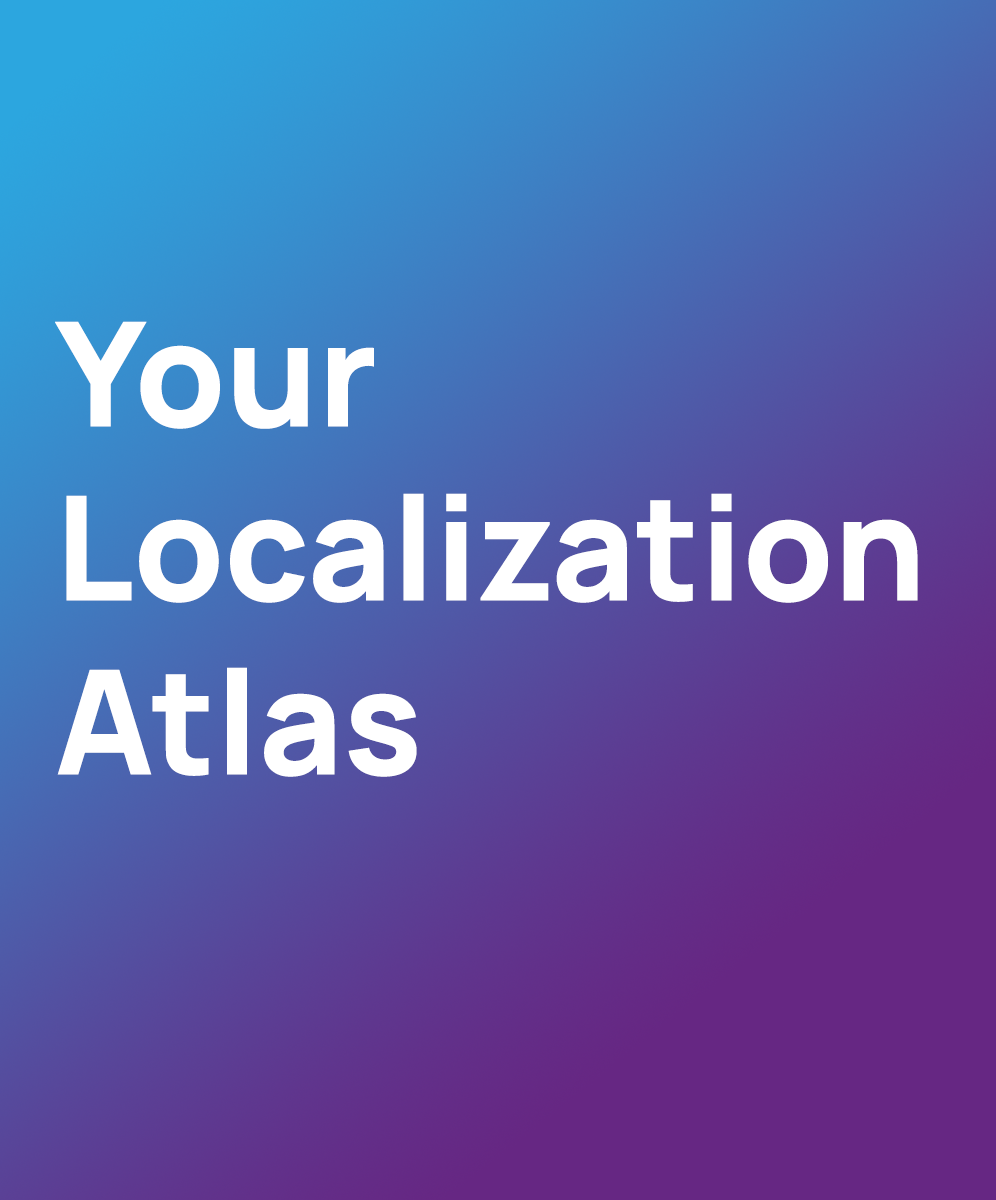Localization Testing
Be flawless in terms of textual fluency, formatting, coding and user interface
What Is Localization Testing?
Localization testing is the vital process of adapting your products or services for global markets. It ensures that your content is not only accurately translated but also culturally appropriate and functionally flawless for diverse audiences. Beyond language, it addresses regional variations in formats, symbols, and user experience. At Atlas Localization, we specialize in comprehensive localization testing, ensuring that your offerings resonate with international customers and deliver exceptional user experiences worldwide.
Key Aspects of Localization Testing
Localization testing encompasses linguistic accuracy, cultural adaptation, functional testing, user experience evaluation, and quality assurance. It ensures your content is flawlessly translated, culturally appropriate, functions seamlessly across regions, provides a smooth user experience, and meets rigorous quality standards. At Atlas Localization, we prioritize these key aspects to ensure your content resonates with global audiences and delivers an exceptional localized experience.


Why Choose Atlas?
At Atlas Localization, we bring a wealth of expertise and experience to your localization testing needs. Our rigorous approach ensures the linguistic accuracy, cultural relevance, and functional integrity of your localized content. With a global perspective and a team of language experts, we deliver precise and high-quality localization testing that resonates with your target audience.
All-Inclusive by Experts
If you think it is time to get global, you can rely on Atlas for its advanced technologies, professional localization team, experienced linguists and thorough testing and quality assurance process. Contact our software localization experts with just one click now to start localizing and testing your software for all platforms and devices.
FAQ
Localization testing is of utmost importance as it ensures that your products or services are effectively adapted for different languages, cultures, and regions. By thoroughly testing and validating your localized content, it helps to guarantee linguistic accuracy, cultural relevance, and functional integrity. It ensures that your offerings resonate with international audiences, enhance the user experience, avoid cultural misunderstandings, and maximize your global reach. It plays a vital role in building trust, engagement, and satisfaction among your diverse user base, ultimately leading to business growth and success in the global market.
It is used to ensure that your products or services are seamlessly adapted for different languages, cultures, and regions. It verifies the accuracy and quality of the translated content, validates functional aspects specific to different locales, and ensures that the user experience is culturally appropriate and intuitive for target audiences worldwide. Also, it is essential for identifying and resolving any issues related to language, cultural sensitivity, user interface, date and time formats, currency symbols, and regional variations. It is an indispensable step in the localization process, enabling businesses to deliver exceptional and tailored experiences to their global customers.
Although the process changes according to the domain of the localization, the technical process of localization testing involves several key steps. First, the source content is translated into the target language by skilled linguists. Then, the localized content undergoes meticulous testing to ensure linguistic accuracy, cultural appropriateness, and functional integrity. This includes testing language-specific features, verifying the proper display of localized text, validating localized user interfaces, and assessing compatibility with regional settings. Functional testing is conducted to ensure that the localized product functions flawlessly across different languages and regions. Bugs, inconsistencies, and any other issues identified during testing are reported, addressed, and fixed to optimize the quality of the final localized product. The technical process of localization testing combines linguistic expertise, cultural understanding, and thorough testing methodologies to deliver a high-quality localized experience to your target audience.
The key aspects of localization testing include verifying linguistic accuracy, ensuring cultural appropriateness, validating functional integrity, evaluating user experience, and conducting quality assurance. These aspects encompass checking the accuracy of translations, adapting content to the target culture, testing functional aspects across different locales, assessing the overall user experience, and implementing rigorous quality assurance processes. By focusing on these key aspects, localization testing ensures that your product or service is effectively adapted and tailored for international markets.
Localization testing offers advantages such as expanding your global reach, enhancing the user experience, ensuring cultural sensitivity, maintaining functional integrity, gaining a competitive edge, and improving return on investment (ROI). It enables tailored experiences for international customers, boosts customer satisfaction, avoids cultural misunderstandings, resolves functional issues, differentiates your brand, and drives revenue in target markets.
Any business or organization that aims to reach and engage with international audiences can benefit from localization testing services. This includes software companies, e-commerce platforms, mobile app developers, website owners, multimedia content creators, and organizations offering global services. Regardless of the industry or sector, if you have content that requires adaptation for different languages, cultures, and regions, localization testing is essential to ensure the accuracy, cultural relevance, and functionality of your localized offerings.
Challenges in the localization testing process include linguistic complexities, cultural nuances, technical compatibility, resource allocation, and time constraints. Addressing accurate translations, cultural relevance, technical adaptations, resource management, and timely delivery requires expertise, coordination, and efficient workflows.
Send us a message
Contact us today using this form and our support team will reach out as soon as possible.